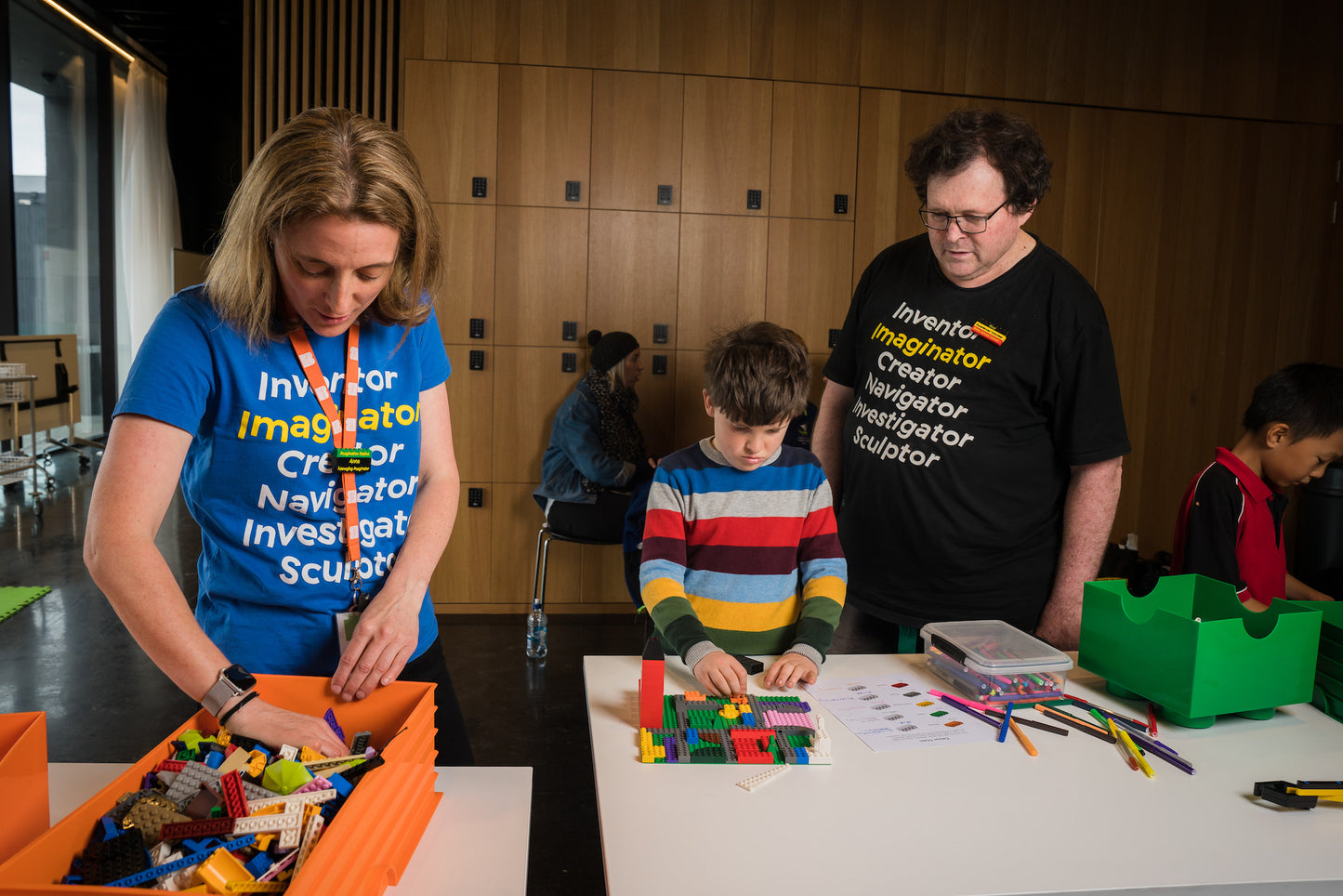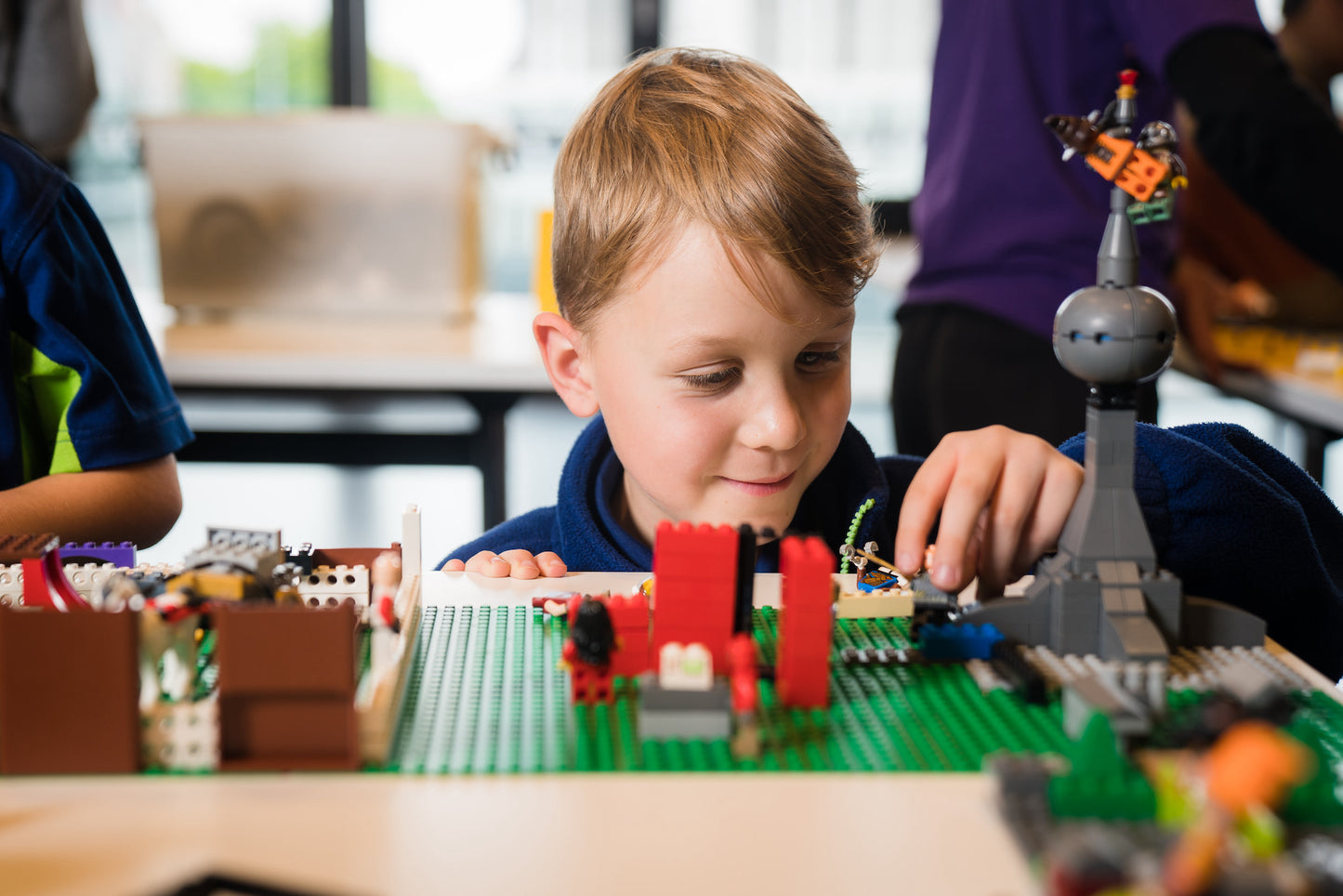Legopolis: City planners needed!
Uh-oh! The city of Legopolis isn’t a great place to live—we urgently need some town planners to create a new layout for this mixed up place! In this session, students consider the services a city needs, the facilities its inhabitants will want, and how these can best be arranged to create a liveable city.
Age range: 6-12 years old
Session Length: 60-90 minutes
Price: $6.50 per child per hour (Minimum $80 per hour)
Capacity: Up to 50 students
- - A community is a collection of essential services, residential buildings, and recreational facilities.
- - Models are made to scale - a school should be bigger than a house!
-
- Each community consists of some things that are essential and some that are fun or entertaining.
Students work together in small teams to decide on some crucial features of their city, following a discussion around emergency services, city infrastructure and urban design. Students map their city then build a LEGO model, sharing at the end of the session.
We are learning to:
- - Compare and contrast 'wants' versus 'needs'
- - Describe our ideas to our peers
- - Consider how city features work together to create a community
Social Studies
-
Levels 1-3
-
- Understand that people have different roles and responsibilities as part of their participation in groups. (Level 1)
-
- Understand how people make choices to meet their needs and wants. (Level 2)
-
- Understand how places influence people and people influence places. (Level 2)
-
- Understand how people view and use places differently. (Level 3)
-
- Understand how people make decisions about access to and use of resources. (Level 3)
Health and Physical Education
-
Healthy Communities and Environments: Community Resources (Levels 1-2)
-
- Identify and discuss obvious hazards in their home, school, and local environment and adopt simple safety practices. (Level 1)
-
- Identify and use local community resources and explain how these contribute to a healthy community. (Level 2)
-
Healthy Communities and Environments: Societal Attitudes and Values (Level 3) -
- Identify how health care and physical activity practices are influenced by community and environmental factors. (Level 3)
-
Technology -
Technological Practice: Planning for Practice (Levels 1-4)
-
- Outline a general plan to support the development of an outcome, identifying appropriate steps and resources. (Level 1)
-
- Develop a plan that identifies the key stages and the resources required to complete an outcome. (Level 2)
-
- Undertake planning to identify the key stages and resources required to develop an outcome. Revisit planning to include reviews of progress and identify implications for subsequent decision making. (Level 3)
-
- Undertake planning that includes reviewing the effectiveness of past actions and resourcing, exploring implications for future actions and accessing of resources, and consideration of stakeholder feedback, to enable the development of an outcome. (Level 4)
-
Technological Practice: Brief Development (Levels 1-3)
-
- Describe the outcome they are developing and identify the attributes it should have, taking account of the need or opportunity and the resources available. (Level 1)
-
- Explain the outcome they are developing and describe the attributes it should have, taking account of the need or opportunity and the resources available. (Level 2)
-
- Describe the nature of an intended outcome, explaining how it addresses the need or opportunity. Describe the key attributes that enable development and evaluation of an outcome. (Level 3)
- Thinking:
- Students use spatial reasoning to create a map and model of their revised Legopolis city. They’ll need to think critically, logically, and creatively.
- Using language, symbols and text:
- In groups, students give a quick oral presentation of their work at the end of the lesson. They use a key to colour-coordinate their LEGO model and create a visual guide in the form of a map.
- Managing Self:
- Students practice library-appropriate behaviour throughout their visit.
- Relating to Others:
- Students are encouraged to consider the needs of a whole community.
- Participating and contributing:
- This session has students working collaboratively in small groups, and contributing to class discussions.
Share












